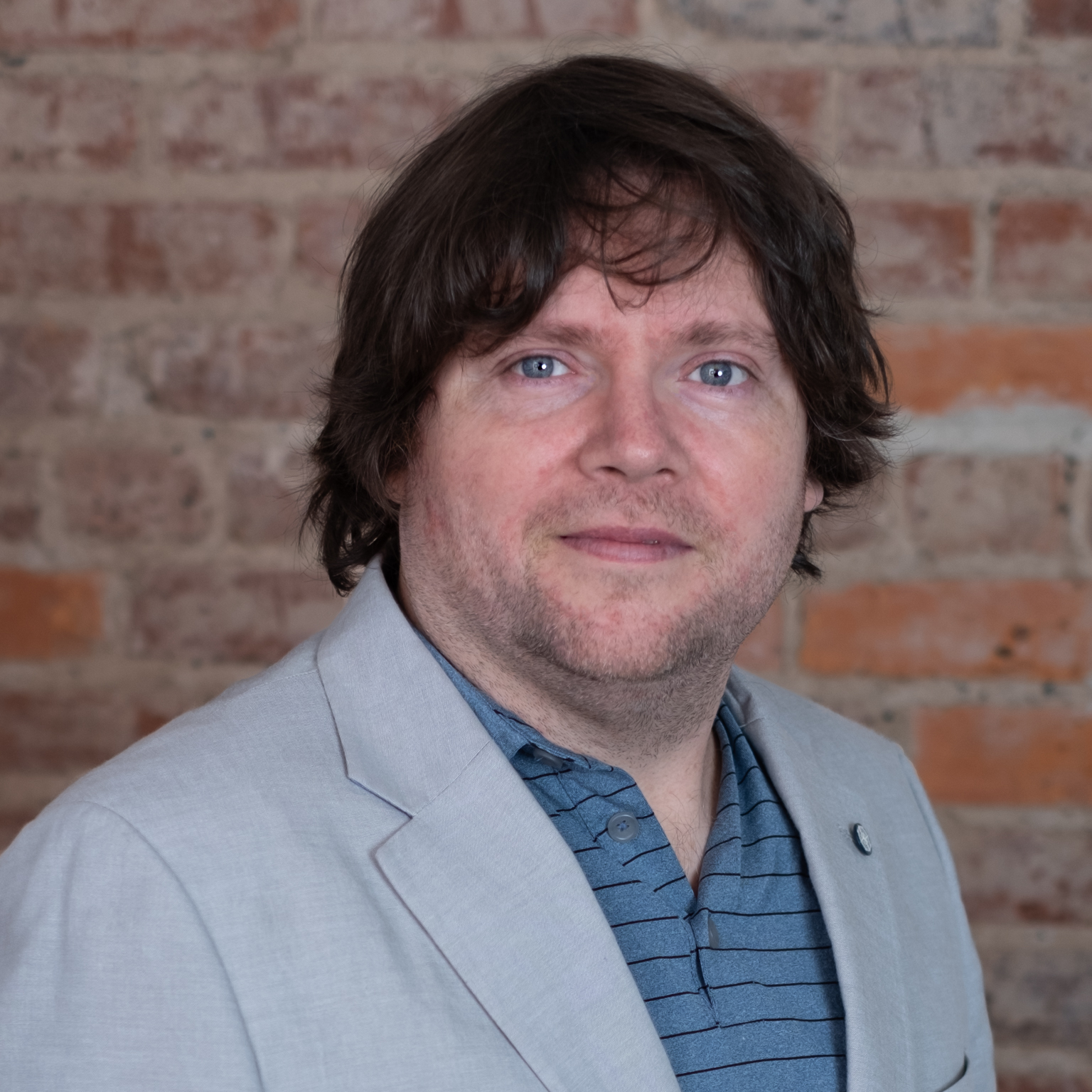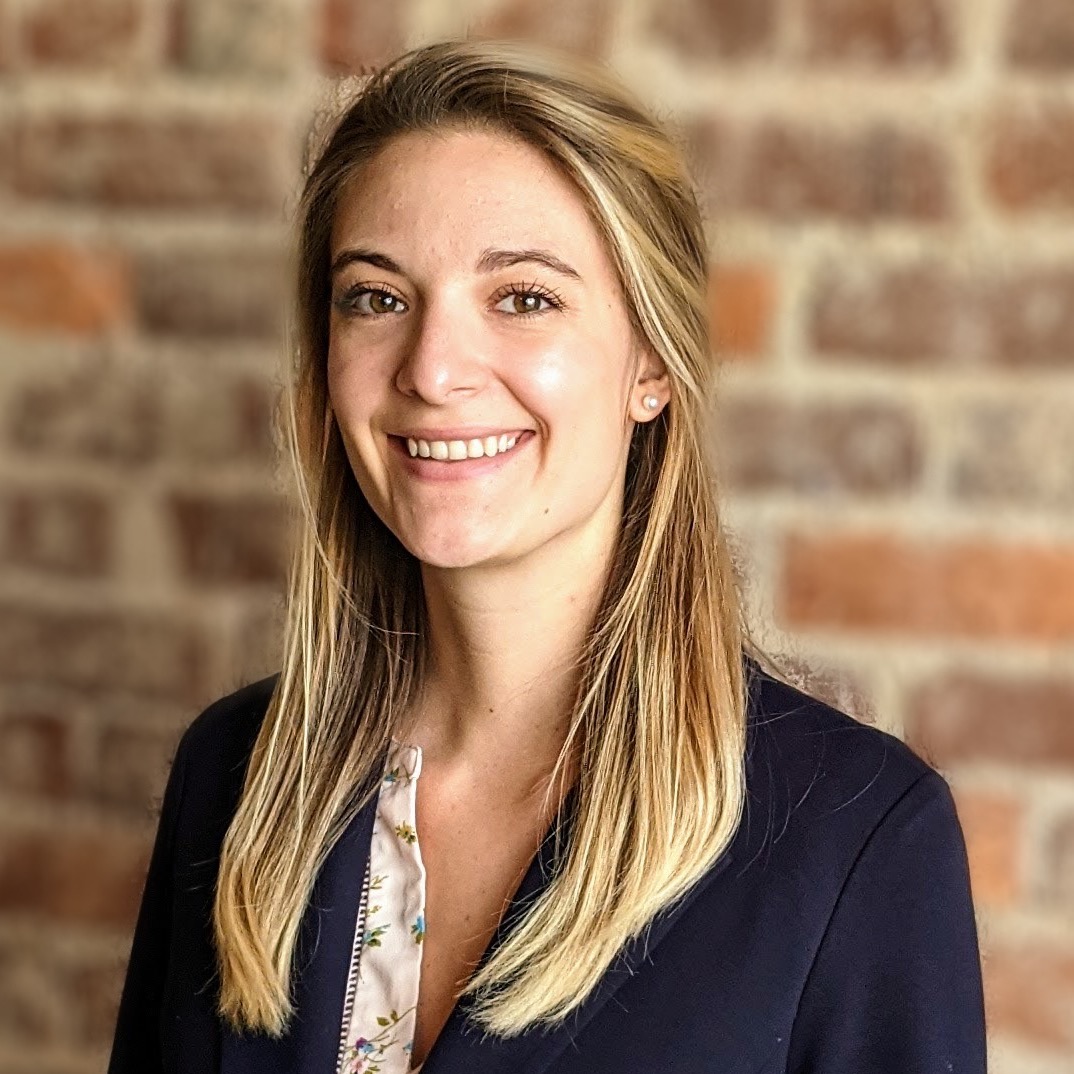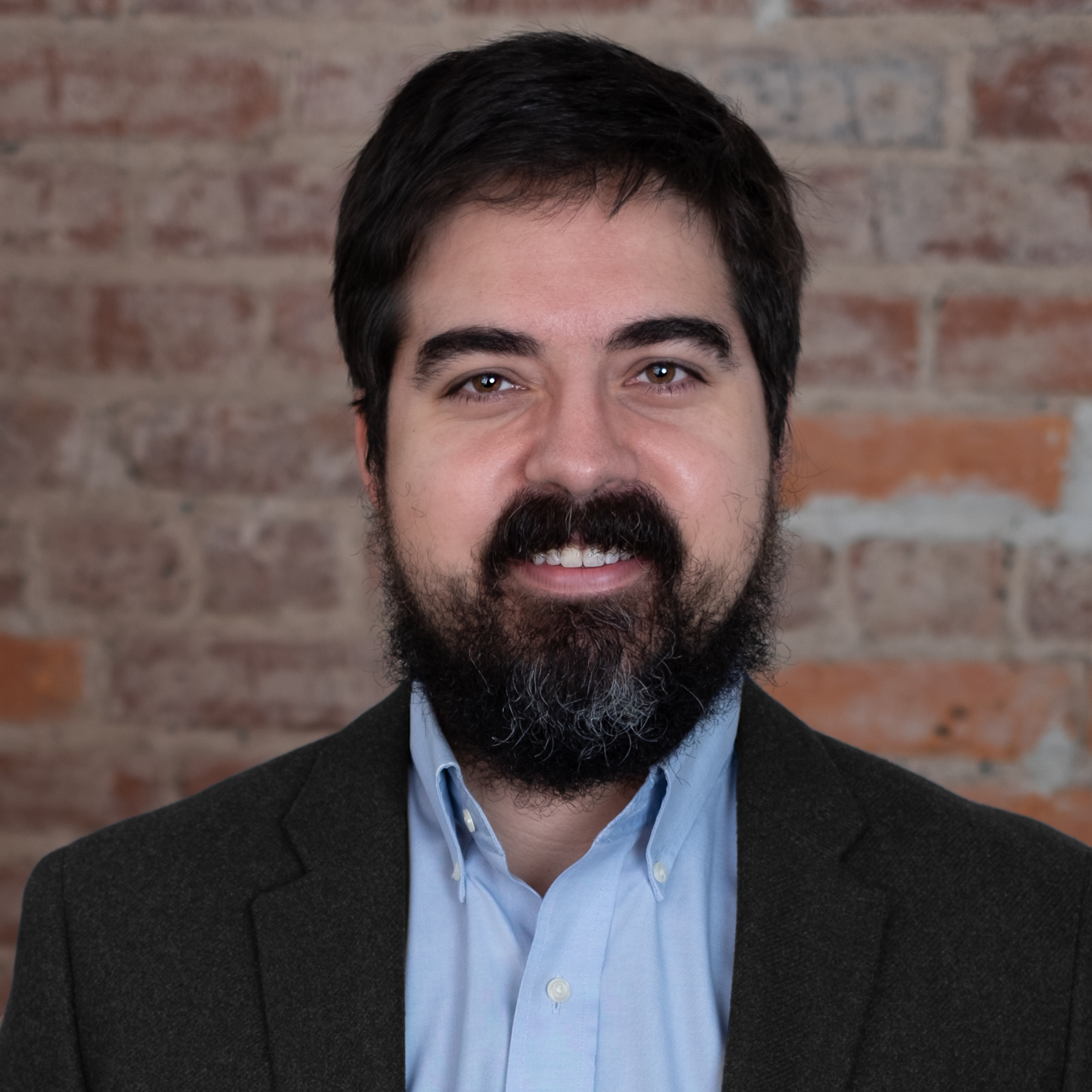Meet our team
GDA is built around a core team of mathematicians, data scientists, and professional software developers.
Our team is deeply curious about a diverse set of scientific and technical questions in mathematics, physics, biology, data analysis, statistics, computer science, and engineering. Our work requires broad horizons, intellectual flexibility, and passion.
Dr. John L. Harer
President & Subject Matter Expert

John Harer is President and Subject Matter Expert at GDA and Professor Emeritus of Mathematics, Computer Science, and Electrical and Computer Engineering at Duke University. He founded GDA to support the application of methods of geometric and topological data analysis to a wide variety of problems in the commercial and government sectors.
Dr. Harer is an expert in the application of methods ranging from geometry and topology to data of various types. He is one of the creators of Topological Data Analysis (TDA), a new field of applied mathematics that is revolutionizing how “big data” can be analyzed and managed. TDA has been applied to problems in agent tracking, robust network design, gene regulatory network discovery, cybersecurity, intelligence analytics, and many others.
Dr. Paul Bendich
CEO

Paul Bendich is CEO at GDA and Adjunct Research Professor of Mathematics at Duke University. He received his Ph.D. in Mathematics from Duke in 2008 and held a postdoctoral position at the Institute for Science and Technology Austria.
Dr. Bendich’s doctoral work laid some of the early theoretical foundations for topological data analysis (TDA). Since then, he has been at the forefront of the integration of TDA with more standard machine learning and statistical techniques. This work has found wide application in vehicle tracking, brain imaging, and image simplification, among many other areas. Dr. Bendich oversees all scientific efforts at GDA.
Dr. Abraham Smith
Chief Technology Officer & Senior Mathematician

Abraham Smith is a former Associate Professor in the Department of Mathematics, Statistics and Computer Science at University of Wisconsin-Stout, Wisconsin’s Polytechnic University. He received his Ph.D. in Mathematics from Duke University in 2009 and held postdoctoral research positions at Fordham University and McGill University.
Dr. Smith specializes in using geometric insight to reformulate open-ended data-analysis and machine-learning questions into firm mathematical theories, and then optimize those mathematical theories into concrete and efficient code. Dr. Smith’s approach stems from a background in geometric differential equations and integrable systems—systems that predict changes and interactions in the physical world. At McGill University, Dr. Smith explained the high-dimensional structure of these systems through the support of the National Science Foundation (NSF) and the Mathematical Sciences Research Institute (MSRI). Dr. Smith is an avid scientific programmer and Linux administrator with long-time expertise across the entire software stack, and he uses these skills to design and implement parallel computing infrastructure for research code and production workflows at GDA.
Dr. Erin Taylor
Computer Scientist

Dr. Taylor received her Ph.D. in Computer Science in 2023 from Duke University, where she studied geometric algorithms. Her research features non-traditional optimization criteria such as fairness and interpretability in addition to efficiency and solution quality. She designed algorithms balancing these goals to solve problems resulting from the interactions of geometric objects in high-dimensional spaces. Specifically, she has worked on trajectory analysis, clustering, political redistricting, and multi-robot motion planning.
Gabrielle Angeloro
Senior Data Scientist & Computational Mathematician

Gabrielle Angeloro received a B.S. in Mathematics from SUNY Geneseo and a M.S. in Mathematics from Iowa State University. While at Iowa State, she developed a Python package implementing persistence landscapes: a vectorization scheme for persistent homology. Gabrielle’s current research interests are in the intersection of topological tools and deep learning.
Gary Koplik
Senior Data Scientist & Data Visualization Engineer

Gary Koplik received a B.A. in Economics and Mathematical Science from Colby College and a M.S. in Economics and Computer Science from Duke University. His research has included topics such as historical market responses to unemployment reports, summarizing variable interactions in large databases, and the incidence of rare diseases in health systems. At GDA, he focuses on the geometry and coverage of non-stationary sensor networks, as well as on building company-wide static and dynamic visualization skills.
Ken Roth
Facility Security Officer

John “Ken” Roth is GDA’s FSO. His 38 years of Air Force and Industry security-related work experience has taken him to most regions of the world, with the latest prior stint in Austin, Texas. In addition to his Master’s in Education and Bachelor’s in History, he also holds NCMS Industrial Security Professional certification and is a member of the NCMS National ISP board.
Dr. Kenneth Ball
Senior Mathematician

Dr. Ball completed his Ph.D. in Mathematics in 2013 at North Carolina State University, where he studied numerical simulation of mechanical systems with variational integrators. He has held postdoctoral positions at the US Army Research Lab (in coordination with the University of Texas at San Antonio) and the US EPA where he researched machine learning for brain-computer interfaces and computational toxicology, respectively.
Dr. Ball offers expertise in mathematical modeling, simulation, and machine learning in a variety of problem domains, along with formal expertise in manifold theory, differential geometry, and dynamical systems. He has developed analytical tools to process and interpret behavioral and physiological responses. He has applied mathematical tools to the analysis of complicated logistics and systems-of-systems problems, behavior predictions, signal/detection modelling, and food/beverage industry processes. He leads a research team investigating the use of topological and image processing tools to support experimental analyses in the agricultural domain. He is especially interested in the interpretation of meaningful and useful features in complicated real-world datasets.
Megan Bongartz
Chief Operating Officer

Megan came to GDA in 2018 with a background in large-scale event planning, nonprofit communications, and technical writing. As Chief Operating Officer, Megan creates processes and policies to help the team work productively and unify around common business goals. She is the administrative point of contact for contracts, ensuring technical reporting, security, and financial requirements are met. Megan directs human resources activities including performance reviews, employer-sponsored benefits administration, and payroll processing.
Email Megan with questions about careers, business opportunities, or the website: megan.bongartz@geomdata.com
Dr. Michael Catanzaro
Senior Scientist

Michael Catanzaro received his Ph.D. in Mathematics from Wayne State University in 2016, where his doctoral research involved stochastic and applied topology. He was an assistant professor at Iowa State University following a postdoctoral research position at the University of Florida. Throughout these periods, his research focused on solving scientific problems through the lens of algebraic topology.
Dr. Catanzaro’s recent work focuses on theoretical and applied aspects of topological data analysis (TDA). He has successfully applied TDA to the study of task modulation in fMRI data, iterated composition and fractals, and geometric aspects of multi-parameter persistent homology. He has also used topology to develop novel methods of studying exciton scattering in physical chemistry and stochastic currents in thermodynamics. At GDA, he focuses on developing algorithms for determining stratifications within data.